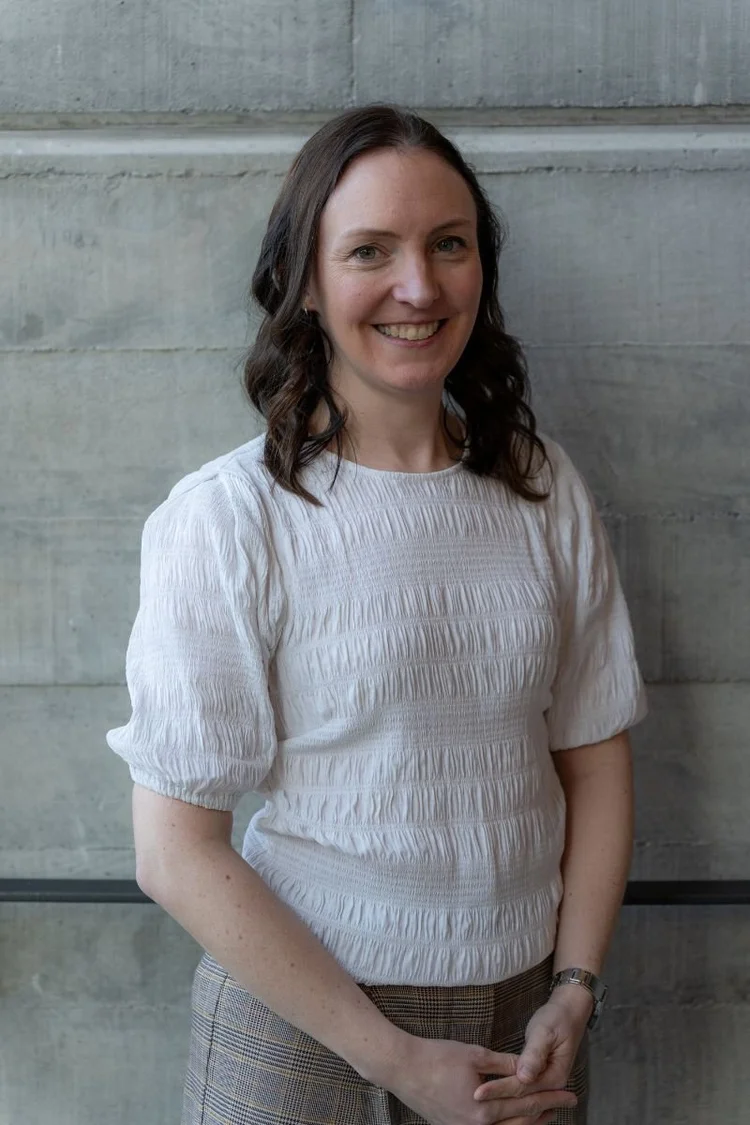
Kate Lowe
When I returned to work after having my daughter, my previous employer wouldn’t allow reduced hours, so I decided to move on. I joined another firm and worked three days a week for 2.5 years. When starting a new job after an 18 month break, I found that it took around nine months to feel back at 'zero' . At which point I was able to start building my confidence and career again.
I then had the opportunity to move from a company of 100 to a small consultancy in its infancy, this time as a Senior. I continued to work three days a week for close to a year. When my daughter started school, I changed to four days a week; 2 longer days, 2 shorter days. Fridays are now child-free, giving me space for life admin, school holidays, or sick kid days. In my role, in the consultancy side of construction, it is rare that I would work entirely on one project, so part-time hours are manageable and overall workload is rationed accordingly. I work with a lot of external consultants and contractors. I have been able to manage my hours as most meetings are regularly scheduled. For any ad hoc meetings, I request they fit my hours - no different to anyone else scheduling in a meeting around other meetings and commitments. If I get a call outside my hours, I can check the urgency by text and reply the next day if appropriate. Occasionally, I scan emails and may log back on at 8pm once my daughter is in bed.
I have definitely found working 4 long-short days better than working just 3 long days. It has a more evenly distributed coverage of the week and creates a smoother workflow. Ironically, my shortest working day of the week is probably my most productive as there is no time to waste.
Being entrusted with the flexibility to work reduced hours is everything to me. It means I can work in a meaningful job and still be there for 3pm pick up a few days a week. That means I can be more engaged in the school community, meeting parents and after school activities.
